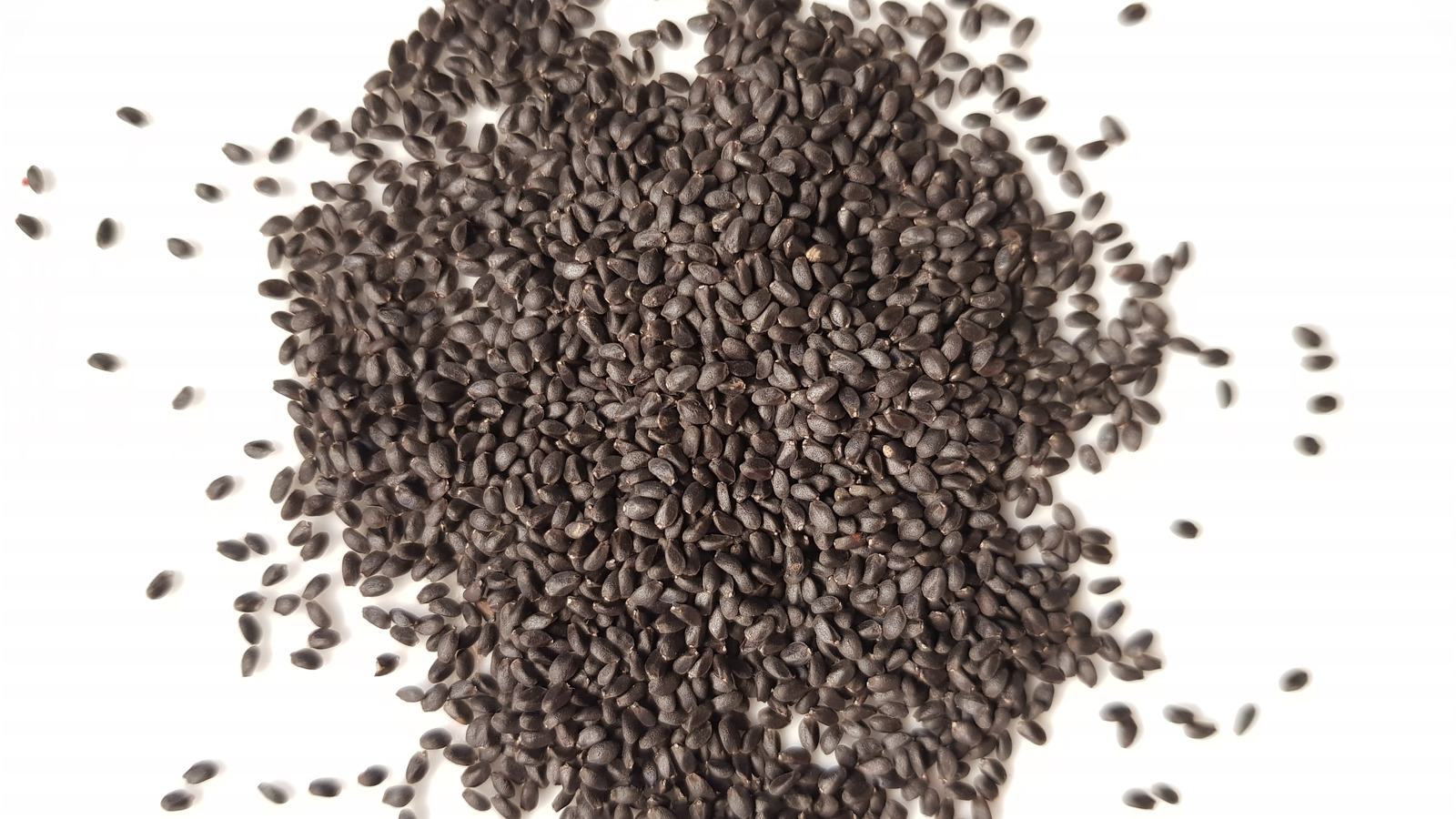CBD GUMMIES
Why Are CBD Gummy Sweets So Popular In The UKNovember 7, 2025

Basil seeds, also known as Sabja seeds or Tukmaria, have gained popularity in recent years due to their numerous health benefits and culinary uses. These tiny black seeds come from the basil plant (Ocimum basilicum) and have been used in traditional medicine for centuries. In this comprehensive guide, we will explore the 12 benefits and uses of basil seeds, shedding light on their nutritional value, potential health benefits, and ways to incorporate them into your diet.
Culinary Versatility: Basil seeds can be used in a variety of culinary preparations. They are often added to drinks, smoothies, desserts, and even savory dishes. The gel-like texture of soaked basil seeds adds a unique mouthfeel and nutritional boost to recipes.
Natural Detoxification: The fiber in basil seeds aids in the elimination of toxins from the body, supporting natural detoxification processes. This can help improve overall well-being and contribute to a healthy immune system.
Stress Relief and Mental Well-being: Basil seeds contain compounds that have been associated with stress-relieving properties and potential mood enhancement. Incorporating basil seeds into your diet may contribute to overall mental well-being.
While basil seeds offer numerous health benefits, it’s important to use them in moderation and be aware of potential allergic reactions. Some individuals may experience allergies or digestive discomfort when consuming basil seeds. It’s recommended to start with a small quantity and observe how your body responds. If you experience any adverse reactions, discontinue use and consult a healthcare professional.
Basil seeds, also known as Sabja seeds or Tukmaria, are nutrient-dense seeds with various health benefits. They can aid in digestion, weight management, hydration, blood sugar control, and promote heart health. Basil seeds can be incorporated into a diverse range of recipes, adding texture, flavor, and nutritional value. However, it’s important to consume basil seeds in moderation and be aware of any potential allergies or digestive issues. As with any dietary changes, it’s recommended to consult with a healthcare professional before adding basil seeds to your regular diet.
Medicine, Queen Mary University of London Monika Wassermann is a doctor and a freelance writer based in the UK who lives with her cat Buddy. She writes across several verticals, including life, health, sex and love, relationships and fitness. Her three great loves are Victorian novels, Lebanese cuisine, and vintage markets. When she’s not writing, you can find her trying to meditate more, weightlifting, or wandering around in town. [email protected]
WhatsApp us

0